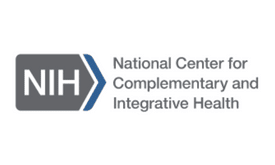How can Managing Stress help you? What the research says
How does Managing Stress impact your cancer outcomes, affect your quality of life, or impact your body terrain? We present the evidence.
We strongly emphasize that Managing Stress alone will not prevent, cure, control cancer or prevent recurrence. Like every therapy or approach included on this website, Managing Stress is one component of an individualized integrative plan rather than a stand-alone therapy.
Find guidance and therapies about how to manage your stress response on our main Managing Stress page ›
Improving treatment outcomes
Is Managing Stress linked to improved survival? Is it linked to less cancer growth or metastasis? Does it enhance the anticancer action of other treatments or therapies? We present the evidence.
Optimizing your body terrain
How does Managing Stress promote an environment within your body that is less supportive of cancer development, growth or spread? We present the evidence.
See Optimizing Your Body Terrain ›
Find medical professionals who specialize in managing body terrain factors: Finding Integrative Oncologists and Other Practitioners ›
Managing side effects and promoting wellness
Is Managing Stress linked to fewer or less severe side effects or symptoms? Is it linked to less toxicity from cancer treatment? Does it support your quality of life or promote general well-being? We present the evidence.
Reducing cancer risk
Is Managing Stress linked to lower risks of developing cancer or of recurrence? We present the evidence.
Helpful link
Learn more
References

